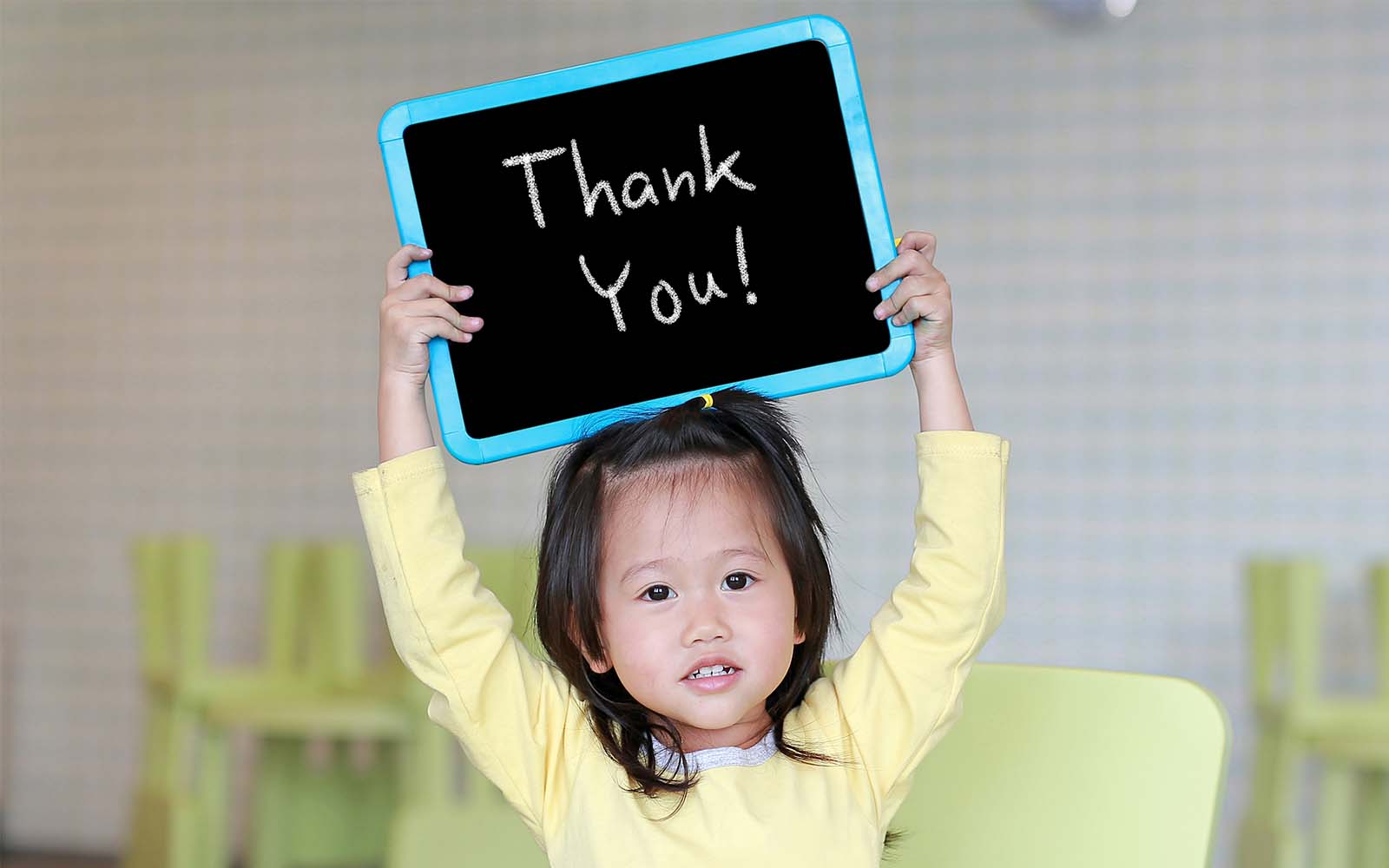
No matter where you are or who helps you, saying "thank you" is a small gesture that makes a big difference. It brings happiness not just to the person saying it but also to the one receiving it. For young children, learning gratitude is key to their emotional development and how they build good relationships. While it’s easy to teach kids to say "thank you," helping them truly understand and appreciate gratitude can be a bit more challenging for parents. This article offers some simple, natural ways parents can teach their children the importance of gratitude.

Why Is It Important to Teach Gratitude?
Children who learn to express gratitude grow up to be more positive and happier individuals. They tend to appreciate what they have instead of always longing for what they don’t. By understanding and expressing gratitude, kids strengthen their relationships with family and friends, creating deeper connections. Gratitude also helps reduce stress and anxiety, making children more resilient when facing life's challenges. It’s not just about saying “thank you”—it’s about developing a healthy mindset for the future.
How to Teach?
Children learn best by copying what they see. So, as parents, it's important to set the example by regularly saying “thank you” in everyday situations. When you show gratitude in small tasks, like thanking a family member for helping or a shopkeeper while shopping, your child will naturally follow. You can also encourage kids to write small thank-you notes to people who help them. This teaches them to recognize the kindness of others and appreciate even the little things. Over time, your child will learn to value and express gratitude naturally.
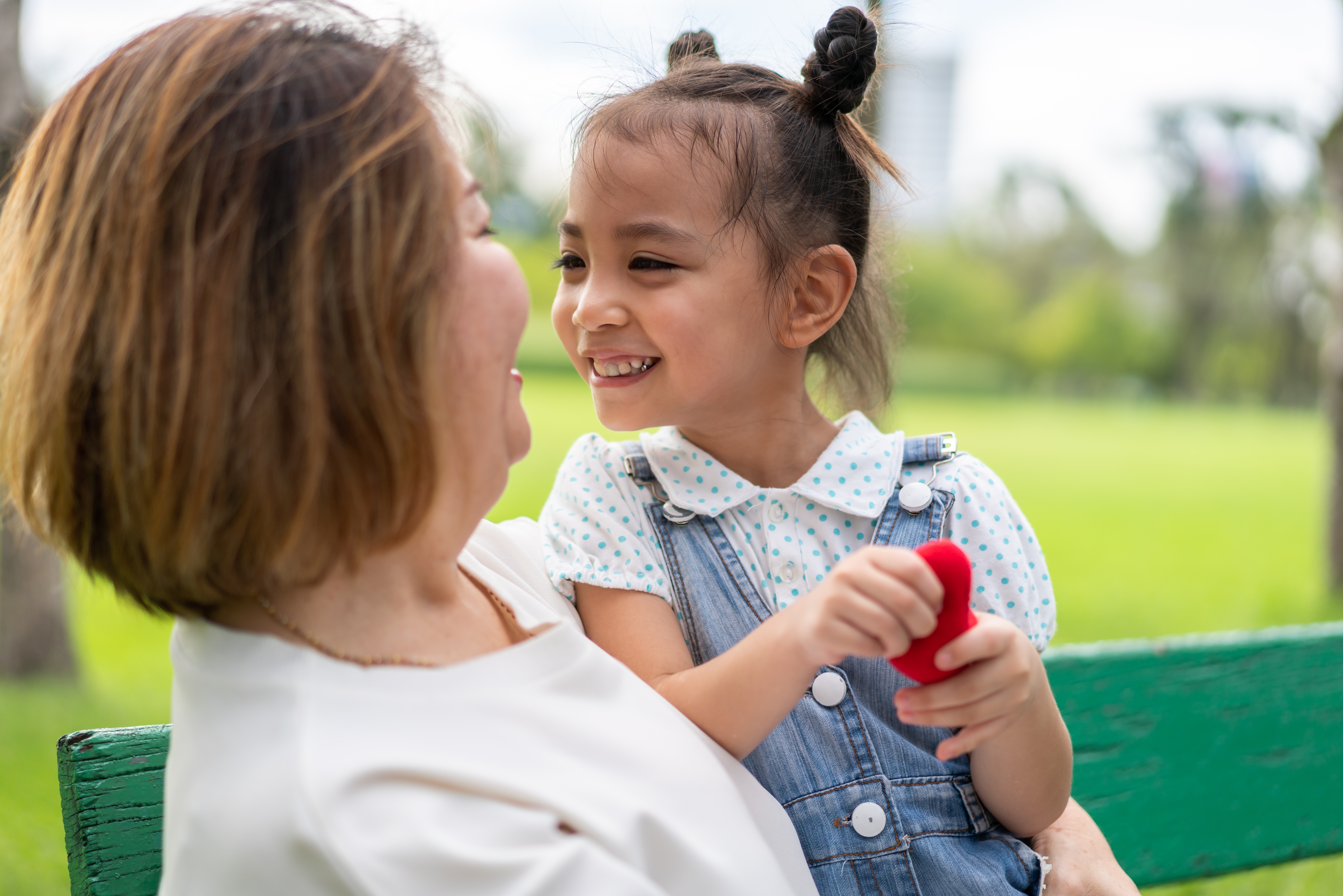
Benefits of Teaching Gratitude
Teaching children gratitude helps them develop a positive outlook and compassion for others. Kids who understand the value of gratitude tend to have better relationships with their family and friends, and they are more content with their lives. Saying or receiving a simple "thank you" creates joy and deepens connections between people. Starting to teach this from a young age ensures that children grow up knowing how to appreciate and acknowledge the good things around them. Gratitude also helps kids handle differences and challenges better, contributing to their emotional well-being.
Encourage your child to say thank you in everyday moments, like when someone helps them clean up or when a store clerk assists you while shopping. These small lessons will help your child grow into a person who values gratitude, which will be a lifelong benefit for their social interactions and personal happiness.
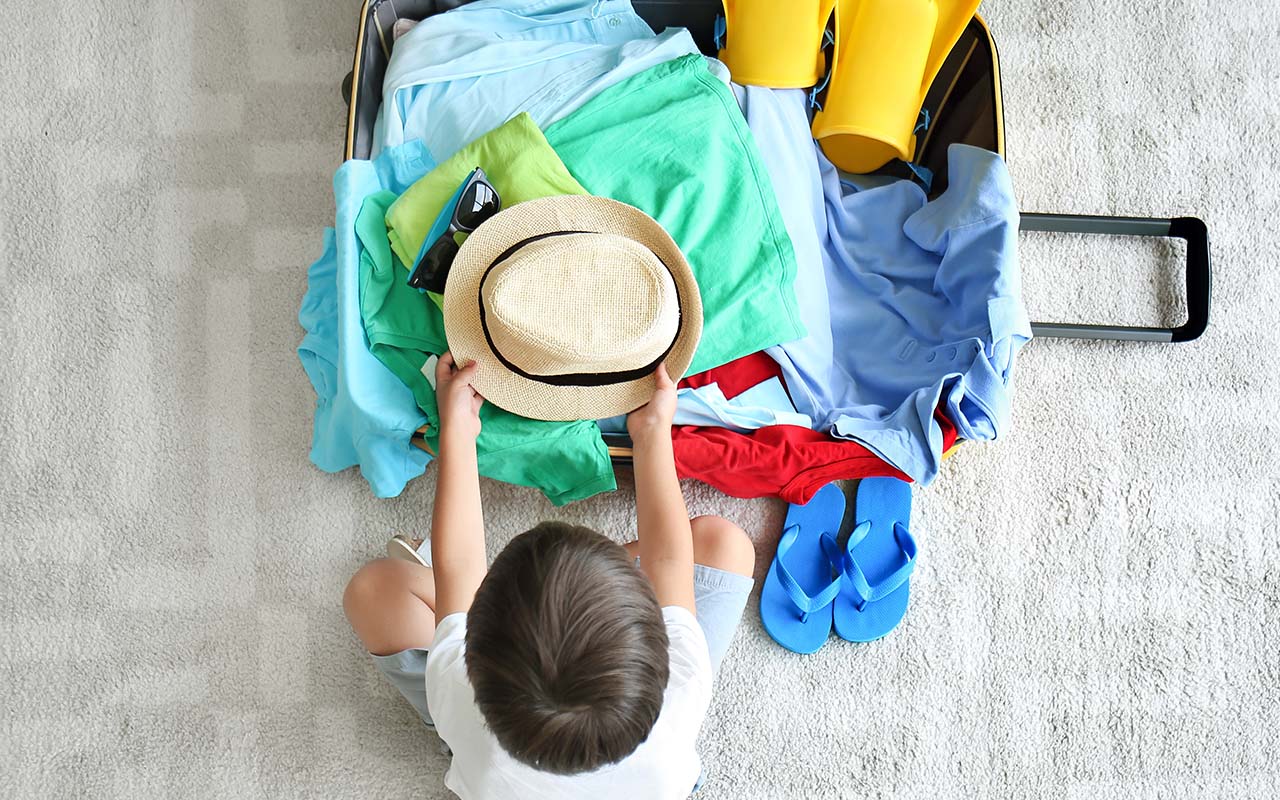

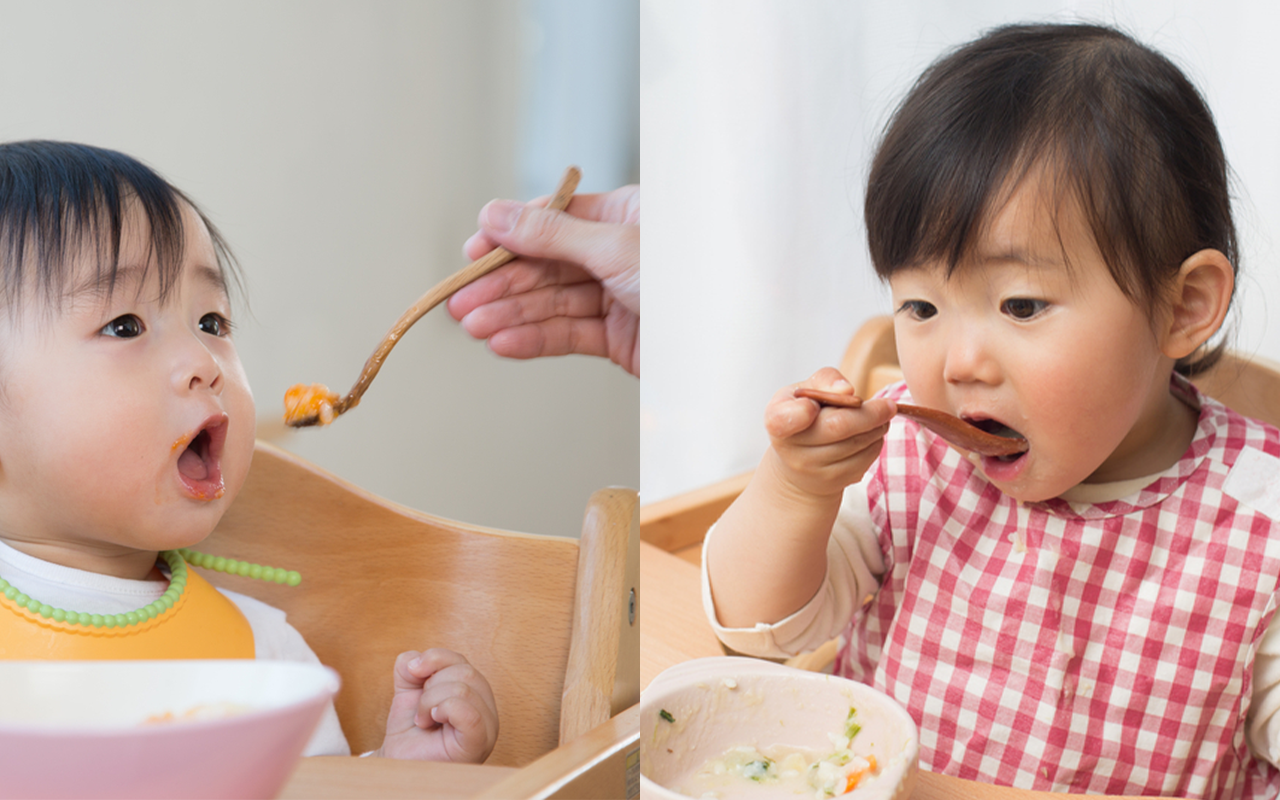
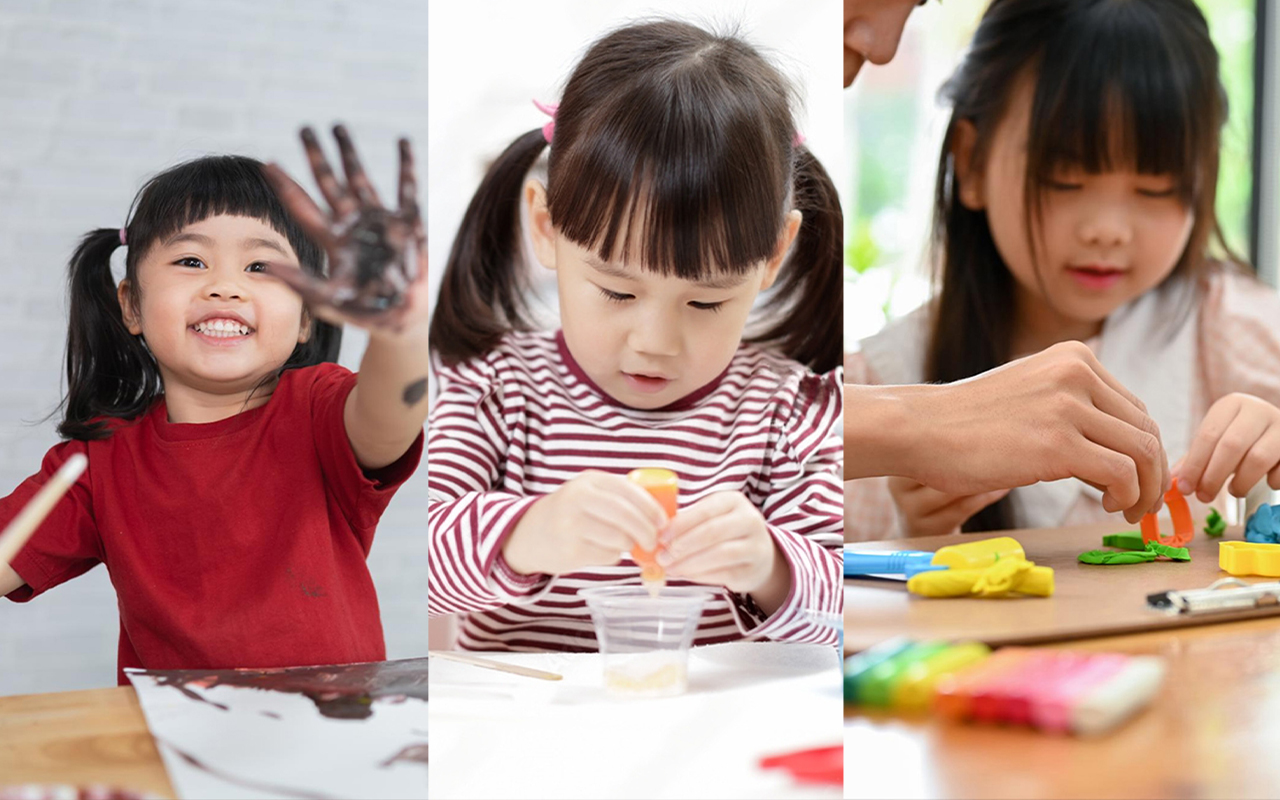
Comments